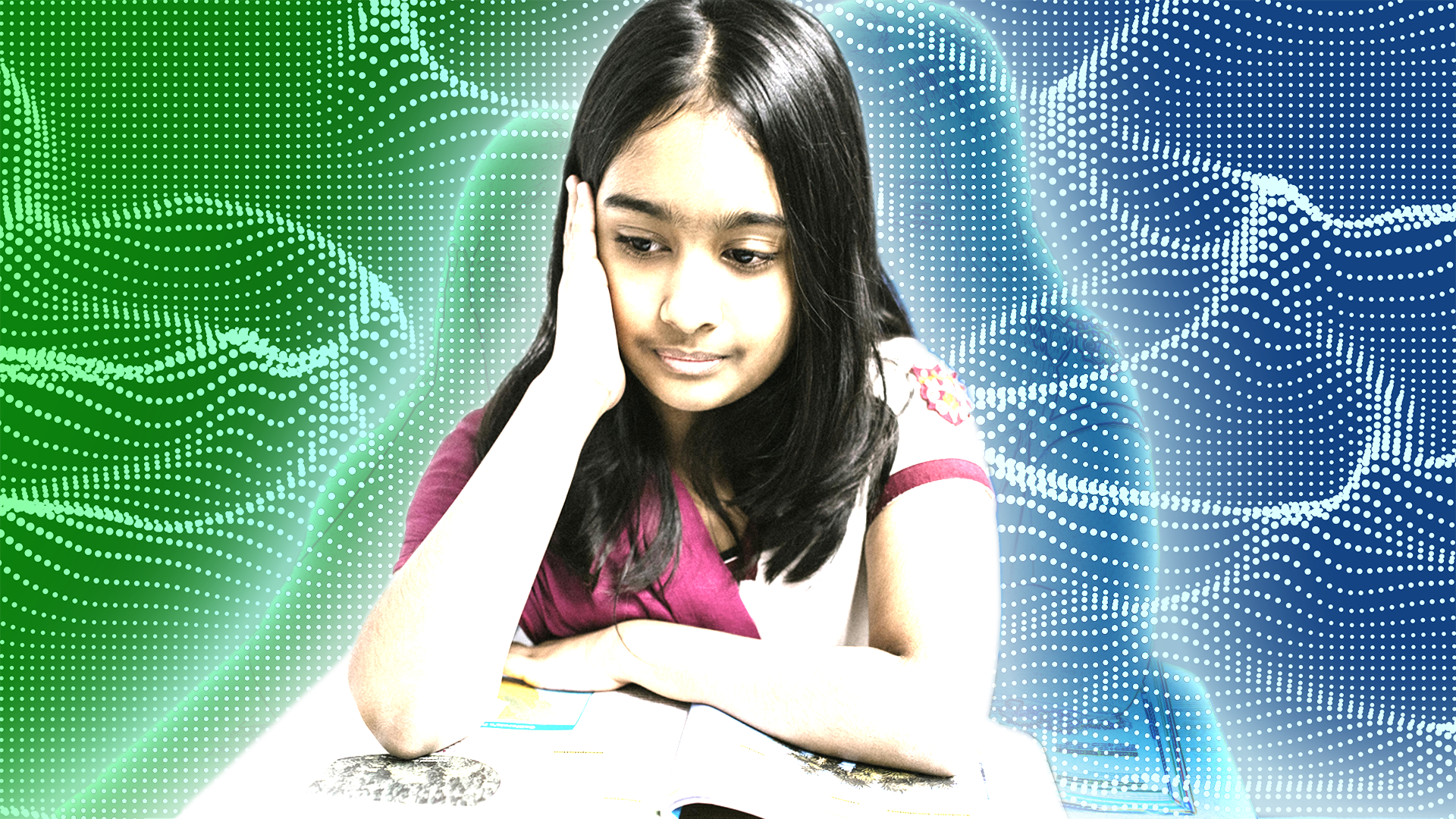Helplines provide clients with confidentiality, anonymity and unconditional support that is often absent in their offline lives

Are the Olympic Games still relevant?
As the world descends on Paris for the biggest show in sport, the question must be asked if the Olympic Games still hold the same








